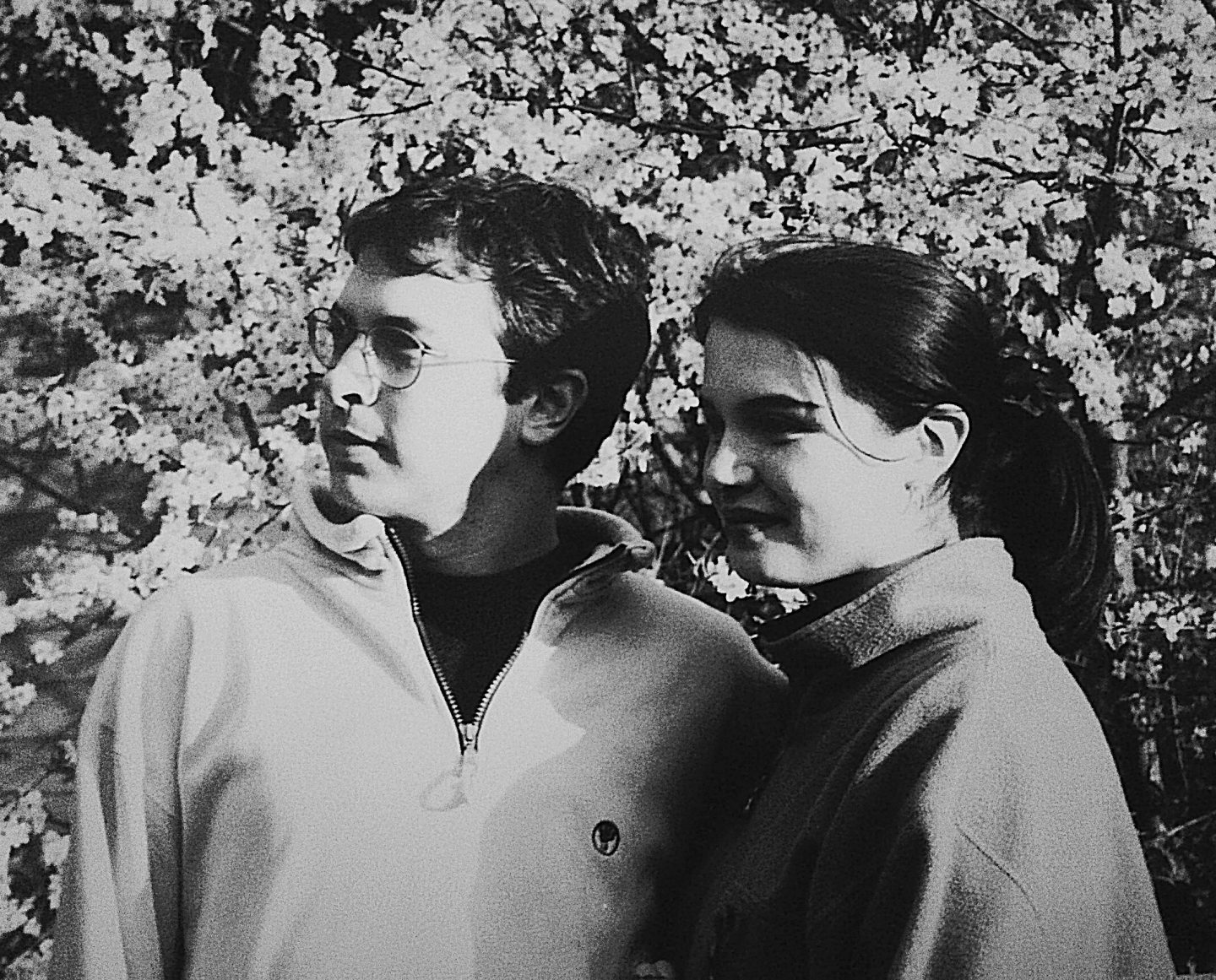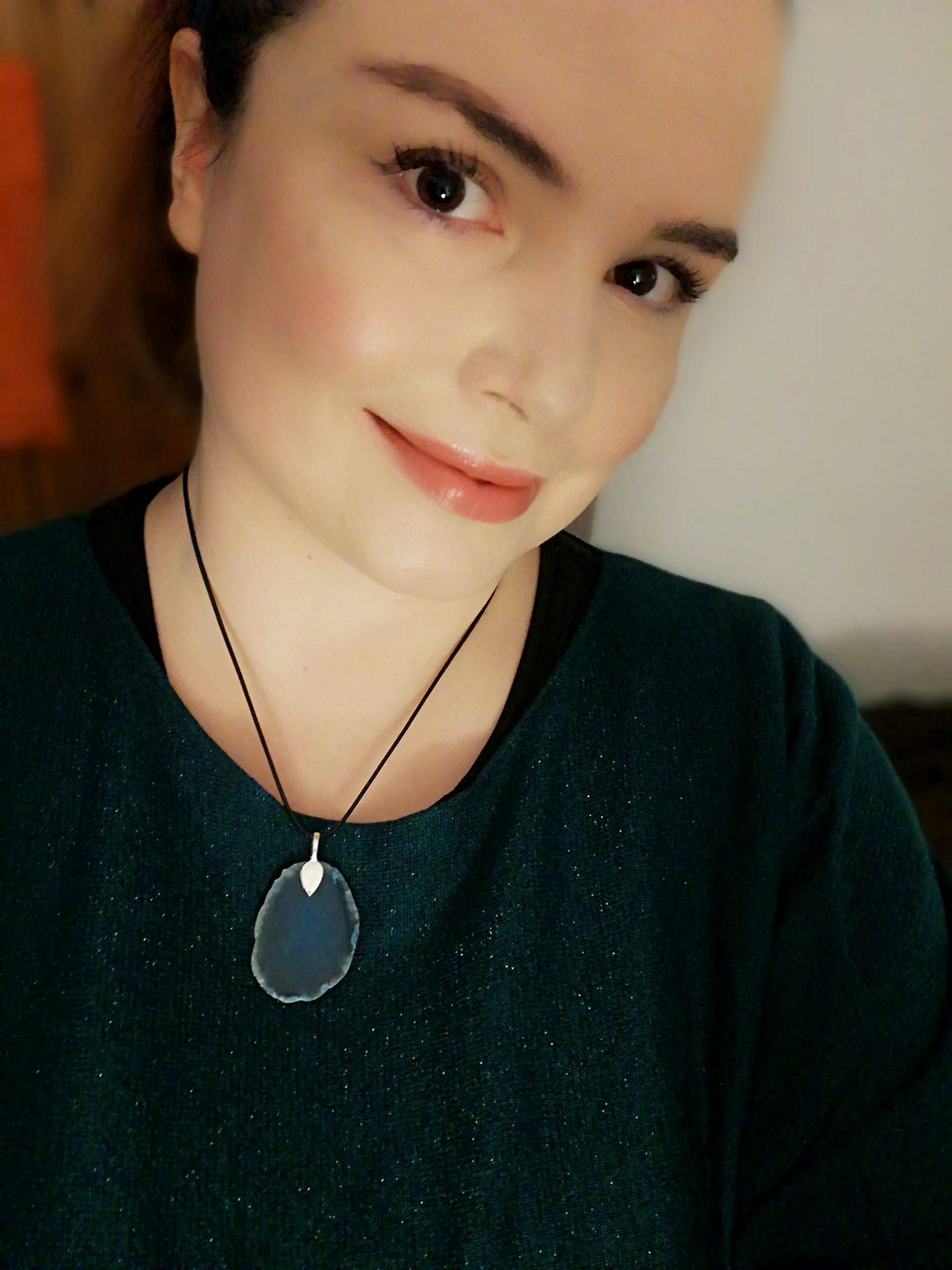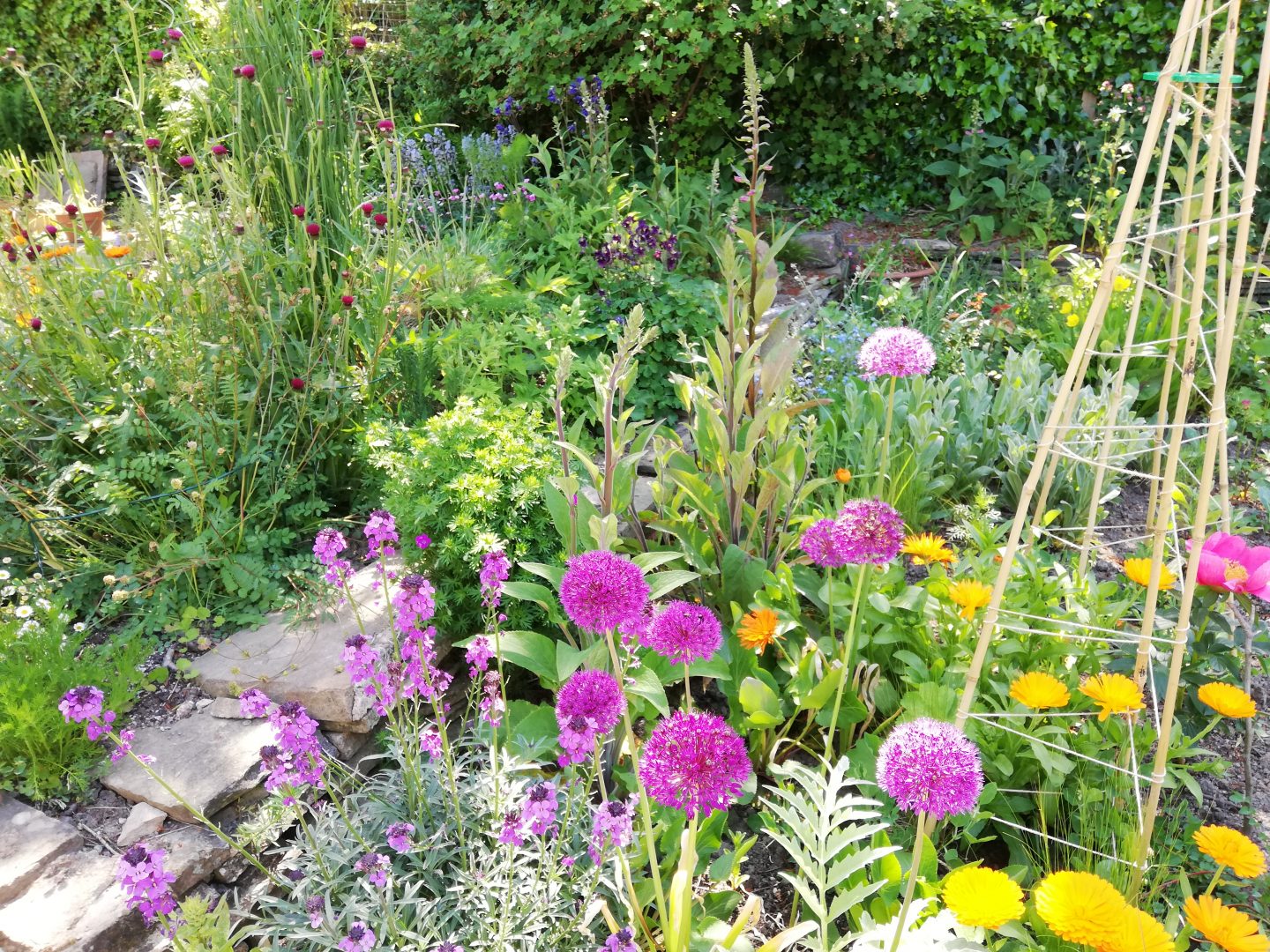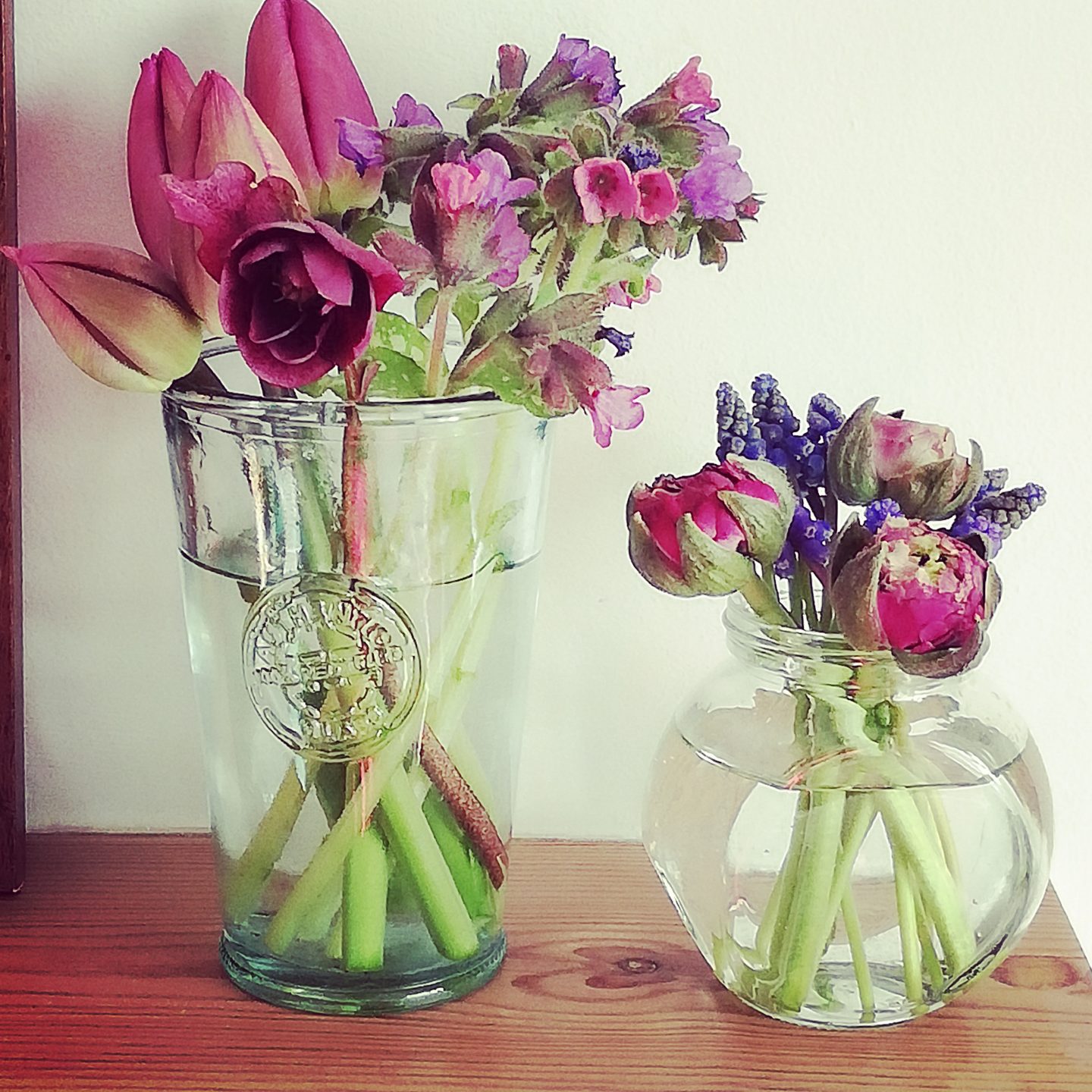Today it’s the turn of Jo to share her story of living with a chronic illness – we’ve been in touch quite a lot on Instagram and Jo has such a positive outlook on life. Being actually diagnosed in itself is fraught with pitfalls and I feel very fortunate to have received my own as quickly as I did. Jo’s positive spin on struggles to find out what was actually wrong is remarkarble and she shares some tips I think many of us would find helpful in living with a condition. As always, I’m so grateful for everyone’s commitment because it is such a personal subject to open up about. Please do read, leave a comment and share as much as you can, I’m really willing this to grow and grow so that we can help as many people as possible who may be going through something similar.
(If you would like to see where it all began, click here. Thank you so much for your support, if you would like to share your own story please email me on booandmaddie22@gmail.com)

_________________________________________________________________________________________
We Are : Jo & Matt, 38 and 44
Home Is: Huddersfield
We Do: I’m a writer and blogger and Matt works in a non-clinical role for the NHS
Find Me: Instagram | Blog | Twitter | Facebook
________________________________________________________________________________________
I think of my health story as a journey. It’s been full of twists and turns and unexpected surprises along the way, kind of like riding a ghost train. It all began in the October of 1999, when I was in my last year of ‘A’ Levels at college. I was at a housewarming party for the flat of my new boyfriend, Matt, when I felt like I was coming down with a cold. This then quickly developed into a raging fever and I couldn’t even bear to look at the strip of light from the hallway that was coming in underneath the door. I was no better at daybreak, so my boyfriend called the local hospital and I was admitted. I remember bits and pieces of my time there but it is quite like a fog. The doctor examined me, asking me if I’d been swimming in a river (in case it was Leptospirosis or Weil’s Disease) I hadn’t, luckily. The doctor then saw that I was getting blood blistering across my shoulders and suspected Meningitis, so I was put on intravenous antibiotics and had to undergo a painful lumbar puncture. I waited in the hospital until the results came through at the end of the evening. The results were negative, and I was discharged, so it was diagnosed as Viral Meningitis.
Unfortunately at this time in my life, I wasn’t really being sensible as I was working myself like crazy. I went to a college that was the other side of town, didn’t drive and worked all weekend too, so I felt under a great deal of pressure to keep all of this going and only took a week off to recover. I realised in hindsight, that I went back far too soon and did irreversible damage that likely set my current symptoms in motion. If there’s anything that people take from this, then I would definitely say that rest is so important. If I’d have taken a year off, then I may have recovered fully with no lasting effects.
One day the following February, I was revising, when I noticed a lump in my neck which hadn’t been there before. I’d also had other symptoms, such as a raging sore throat a couple of weeks before and ongoing fatigue. After some investigation, it was found that I had glandular fever, so that was illness number two in the space of just a few months, but I still ploughed on as normal. The good thing was, that I still had Matt by my side. We had only started dating in the Autumn of 1999, so all this crazy stuff happened right at the start of our relationship which I think, made us stronger.
A few years passed, I made it to university in York and managed to do my degree, though I noticed that I did tend to come down with viruses quite frequently and still suffered from tiredness. In some ways at this point, I hadn’t quite learned from the past, as I suffered quite a lot with my health. It was whilst in York and working in research, that I really felt quite unwell. I look back at photos from this time period and see my face is very pale and swollen and I had dreadful insomnia and felt really exhausted. I was also getting frequent night sweats, in February I had to have the bedroom window wide open, so the GP tested me for T.B. which luckily came up negative.

After some further investigation by my GP, I was then diagnosed with M.E. It was then a diagnosis of exclusion, the doctors ruled out other conditions and then concluded that it must be M.E. Currently, as it is such an underfunded condition, there is no medical cure for this condition, so the treatment is based around lifestyle management and CBT (there is much controversy around this in the M.E world, but overall, I found my personal experience to be positive because the Occupational Therapist I saw understood that it was a physical condition). This was the start of my learning journey about living with a chronic illness, but also about how I needed to make some changes in my life to adapt to my new situation. At first I didn’t know a lot about M.E, but learnt that 75% of sufferers are on the mild to moderate scale, so in these cases it can be classed as an invisible disability. I noticed that I was becoming increasingly sensitive to light, so that doing a weekly shop in a supermarket would make me extremely hot and I’d often feel like I was going to faint. I remember coming home with a car full of groceries, finding Matt at home and asking him to put the shopping away, as I needed to lie down! I did sometimes worry when I was alone, out and about. I was concerned that if I did faint, I wasn’t sure who would help me, as to them I looked like a young, able woman. They wouldn’t have a clue that I had a disability and would most likely think I was drunk! I actually stopped drinking in 2006, after a glass of wine made me feel so ill, I realised that my body could not process it anymore and haven’t drunk alcohol since.
We moved to Huddersfield in Summer 2009 and got married in 2010. Whilst living here, I joined the regional M.E. charity group for the area, I started off doing PR for them and then moved up to the position of Chair which I held for three years. I learned so much in this role, organised a national conference with a national M.E, charity, applied for and received funding during a recession and met so many lovely people.
After three years at the charity, I found I was getting more incidences of swelling and lots of allergic rashes etc which I knew were outside of the M.E. symptom criteria. Further medical investigation including being investigated for Lupus which was negative and finally being referred to the immunology clinic at St James in Leeds gave me my new diagnosis of Systemic Chronic Angioedema. Finally, I had a blood test that was positive! It’s an extremely rare condition, there is scant information online about it and my GP told me I was the only patient at the surgery with it. Basically, it means that I get slower acting allergic reactions at a cellular level and occasionally faster acting allergic reactions. The swelling causes pain and fatigue. The treatment is medication to dampen down the immune system.
I look back at my diagnosis journey and realise that I probably have had this condition all the time I was diagnosed with M.E, but as it’s so rare and only immunologists know about it, it was missed. I suppose that some people in my situation may feel angry, but actually I do not, because when I was diagnosed with M.E I met some incredible people and learnt an awful lot about how to best live with any long term health condition.
● I learnt to use a lot of mindfulness and CBT techniques that I incorporate into my everyday life, so as not to exacerbate my condition if I can help it.
● I discovered how to keep and use activity diaries, so that if I do have a flare up I can look back and see what triggered it. Of course, these don’t always work, because for my condition the three main causes of flare ups are viruses, hormones and stress.
● I met a lovely person who has written a really helpful book that I’d recommend for anyone with a long term health condition and the advice in it can also help their family and friends too. You can find it here: https://www.elizabethturp.co.uk/phdi/p1.nsf/supppages/6083?opendocument&part=4
We moved house at the start of last year. The new house has a 100ft garden that was quite overgrown but we’ve had huge fun renovating it and getting it to just how we’d like it to be. Gardening is so therapeutic and I’d definitely recommend plants, gardens and green spaces in general to help with healing. Of course moving house did make us think about kids, but I’ve had some issues that lead me to think that I may have endometriosis, so it might be a different route for us having kids. This is another unexpected blip that my illness journey has helped prepare me for, as I’m used to coping with setbacks and having to have a flexible mindset in order to achieve goals.

Like many people with a long term illness and/or disability, the recent Covid-19 crisis has been concerning. I make sure that I take particular care on the occasions when I have to go out into potentially crowded places (though I try to avoid these). I wear a mask at all times and when I get home, I make sure that I change my clothes and wash. What’s developing though, is the number of increasing reports of survivors of Covid who still feel ill months later, like they have post viral fatigue syndrome (which is very similar to M.E). A lot of these people may feel a bit lost and overwhelmed at the mo and I completely understand that. The book mentioned above, is a good starting point for anyone who finds themselves in this situation.
Here are some tips that have helped me over the years:
My Toolkit for Coping with a Long Term Illness
1) Learn about your condition if you can. Getting a (correct) diagnosis in the first place can be difficult and frustrating. If you feel your symptoms changing or feel different then get checked out, as it might be something other than your condition causing them.
2) The right medication can help ease your symptoms, if you go down the alternative route make sure that supplements don’t interact with your current medication.
3) Join a local or virtual group for support. Lots of long term conditions are represented by national charities that can offer help and support.
4) Getting diagnosed with a long term health condition out of the blue can feel quite shocking and you’ll need time and space to adjust. Speaking to a counsellor can help you work through these feelings of shock and give you some emotional space to process the news.
5) Learn mindfulness and CBT. Both are not cures for physical conditions (let me stress that now) but they are used in a variety of settings for people with long term illness including with groups of diabetes and cancer patients. This helps you cope with anxiety and to learn and analyse your thoughts in a non judgemental manner and help you to stop over-exerting yourself and getting iller as a result. This has worked for me on a number of occasions, e.g. if I had learnt CBT beforehand, I would have never gone on that grocery shopping trip!
6) Rest is not giving in. Rest is best. Sometimes rest is so necessary and what is needed to stop a flare up getting worse and to allow your body to heal and recover.
7) Nature is healing. Whether you live in a flat or have access to a garden or a park, being in nature allows you to slow down and encourages a mindful state of being. Whether you are surrounded by greenery indoors or from a walk in a wood, nature is proven to help.
8) Stop worrying about what other people think of you. This, I admit, is easier as you get older, but if asked if I need help packing my groceries in a shop I’ve sometimes said yes, if I’m feeling ok but a little tired, no longer worrying that people might think it strange that I look completely fine and would need help.
9) Friendships will come and go. There will be those friends that will understand and those that won’t and won’t make allowances for the changes in your life (such as being unable to drink and go out every night). The good thing is that the friends that do stay, are real friends and you learn that pretty quickly.
10) You may find that you appreciate things so much more than you did before. You realise that the life you lived before was not necessarily a healthy or happy one and that your new circumstances give you a different perspective on life.

It can feel challenging having a long term illness, especially one that is classed as an invisible disability, as people think you are perfectly well. However, if you think of your illness or your condition as a journey that you learn about and adapt to, positive acceptance (not in a passive way) will make it so much easier to get on with life. At the beginning, I described my illness journey as if I was riding a ghost train, but the good thing about that is that at the end of the ride, you go back into the light and leave the darkness and frights behind.
Thank you so so much to Jo for sharing her honest story as a guest poster and sharing her thoughts and views in this piece. As I’ve stressed from the very beginning, this is a warm, empathic platform for people to share their stories, hopes, dreams, fears. Please do read Jo’s story and leave a comment if you’d like to and share this series if you know anyone it could help. Together we are making changes.
This is such a great post, especially for anyone struggling to get a diagnosis or newly diagnosed, and the tips are really useful, all coping mechanisms I have used when suffering badly from headaches.
Jo and I actually became friends via Instagram and managed to meet up once before coronavirus as we both live in Huddersfield. She told me a bit of her story and I was struck by how extremely positive she was about it all. It is evident it has been really tough but she somehow glosses over it and manages to find the good, which is an attitude I definitely need to learn or adopt more.
Thanks again Lins for giving such wonderful people an understanding space to share their stories and to help and inspire others. Xx
Author
Ahhh it’s so lovely you’ve been able to meet up with Jo! It’s brilliant to catch up with people in real life, and her positivity is so inspiring. There are days when I feel like a massive pity party and days when I think it could be so much worse and seeing how Jo has adapted her outlook is amazing xx
A fascinating account of the long and complicated path to diagnosis of a little-known illness. Your description of how you approach life with this long-term condition and find ways to help yourself cope will inspire a lot of people.